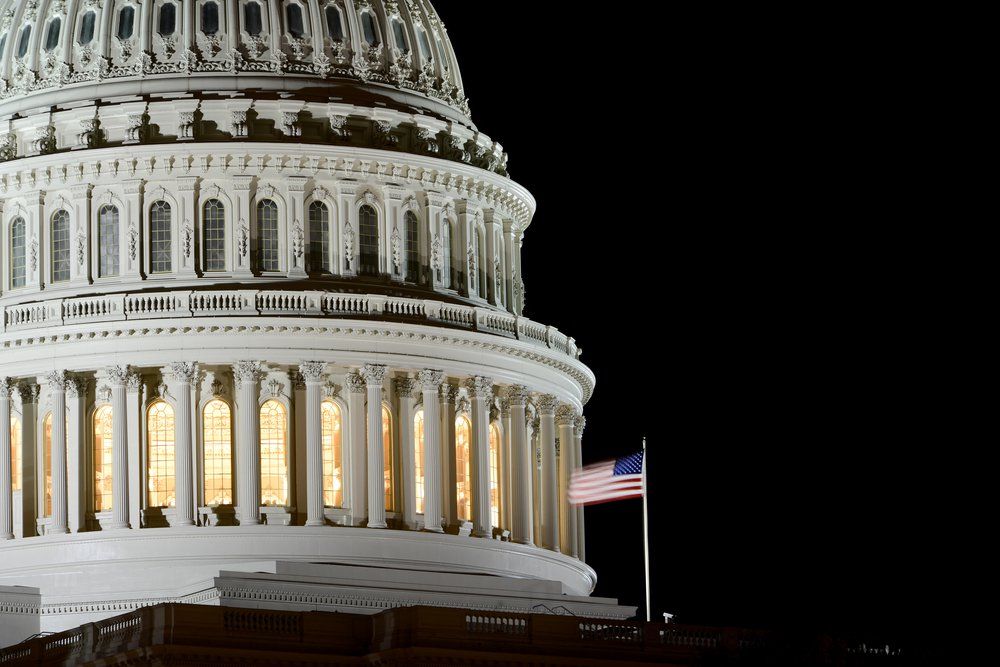Article
Where in the world is Google Health?
Up to now, Google Health has used its mighty search engine to rank the popularity of health-related websites in discrete categories, such as cardiac arrhythmia or dry eye. But the blogosphere is alive with rumors that Google's health-care plans extend far beyond that to include the development of a new kind of personal health record (PHR).
Up to now, Google Health has used its mighty search engine to rank the popularity of health-related websites in discrete categories, such as cardiac arrhythmia or dry eye. But the blogosphere is alive with rumors that Google's health-care plans extend far beyond that to include the development of a new kind of personal health record (PHR).
Much of the speculation centers around the writings and speeches of Adam Bosworth, the Google vice president who heads Google Health. In a recent speech at the American Medical Informatics Association's Spring Congress, Bosworth spoke about his vision of a PHR that would be patient controlled, would incorporate information from EHRs, and would include many other functions. It would enable patients to find information about their conditions, coach them on self-care, manage their appointments and refills online, consult with providers online, and compare notes with other patients on their experiences with providers. In essence, he was talking about combining many current Web modalities with a few new ones to improve health care.
To make this vision a reality, he said, two things must occur: people must be sure that their private health information is safe, and health data must be "computable and unambiguously encoded." He commended the Continuity of Care Record (CCR), an XML-based standard that allows key health information to be exchanged between different IT systems, and the Continuity of Care Document (CCD), which combines the CCR with the HL7 messaging standard. But to meet the requirements of his proposed PHR, he said, medical terms must be standardized and precisely encoded so that every system can understand them. "Accordingly, as Google looks at these standardsand we will, undoubtedly, over time want to support both so that we can help search intelligently for phenotypic information and connect people with the information, places, people, and online information that they needwe are likely to endorse these standards, but with the caveat that we will all need precise encodings and precise dosages or quantities to be spelled out," said Bosworth.
This suggests that Google may be planning to develop a PHR with some kind of linkage to EHRs. As of yet, the company has made no announcement. But it recently assembled a Google Health Advisory Council that includes notables from the AMA, the AARP, and Wal-Mart to "better understand the problems consumers and providers face." Besides making search results more medically relevant to consumers, the company said, the council would offer feedback on new product ideas. Could one of them be a next-generation PHR?





